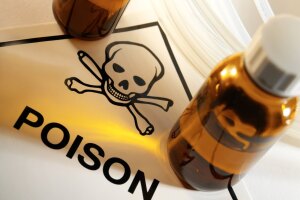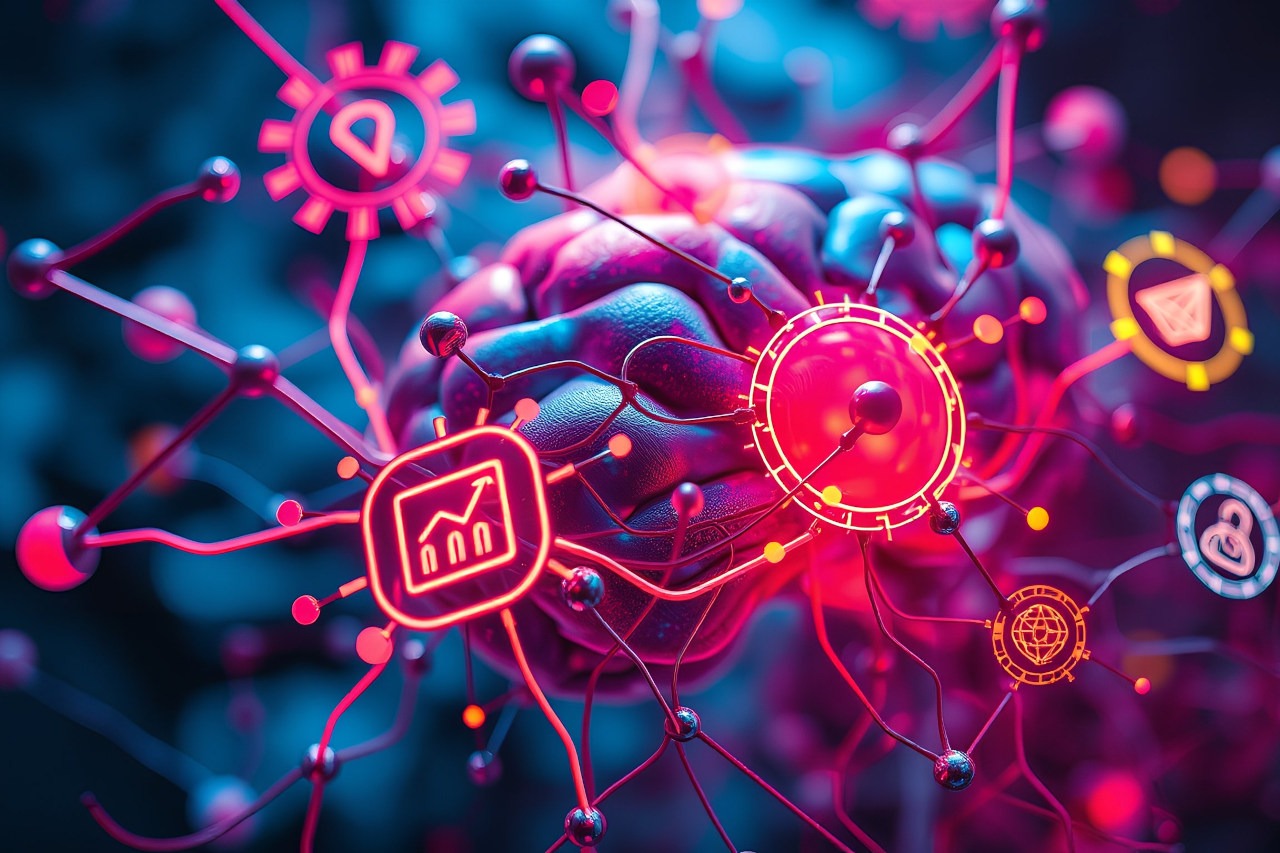At night, while we sleep, we process sensory stimuli that we have absorbed and stored during the day. But can our brain also store new knowledge during our night’s sleep?
New Stories
We can fly like a bird or suddenly find ourselves naked in front of our boss: some of the things we experience in our sleep are just strange. With a few simple tricks, dreams can be experienced consciously – and even controlled.
Poisonings are among the greatest dangers our organism can be exposed to. Different toxins affect different parts of the body and often the dosage determines life or death.
A pack of potato chips instead of a bowl of salad – a few hours on the couch instead of at the gym: we constantly break our resolutions and surrender to the commands of a very selfish brain. Yet, anyone can beat laziness. What slows us down, what keeps us going? How can we overcome the motivation killers in our heads?
Just ten minutes of acute oxygen deficiency can cause irreparable damage to our brain. If it lasts longer, we become unconscious and fall into a coma.
Some people can memorize hundreds of faces or phone numbers in a matter of minutes. Everyone is capable of such feats of memory.
Norway’s most powerful supercomputer is named “Olivia” and is tucked away in a former mine, located right next to a picturesque fjord. Welt der Wunder was the only German team invited to take a look behind the scenes.
Almost everyone has encountered déjà vu – the sudden feeling of having experienced a similar situation before. But where does it come from?
Neuroscientists can peer into our brains and read what we are thinking. There are also less chilling possibilities, such as prosthetics that can be controlled by the power of thought.
Soldiers in crisis areas or aid workers on disaster relief missions often have traumatic experiences. The images, sounds and smells remain with some people for the rest of their lives. What happens in our brain? And can trauma be healed?















